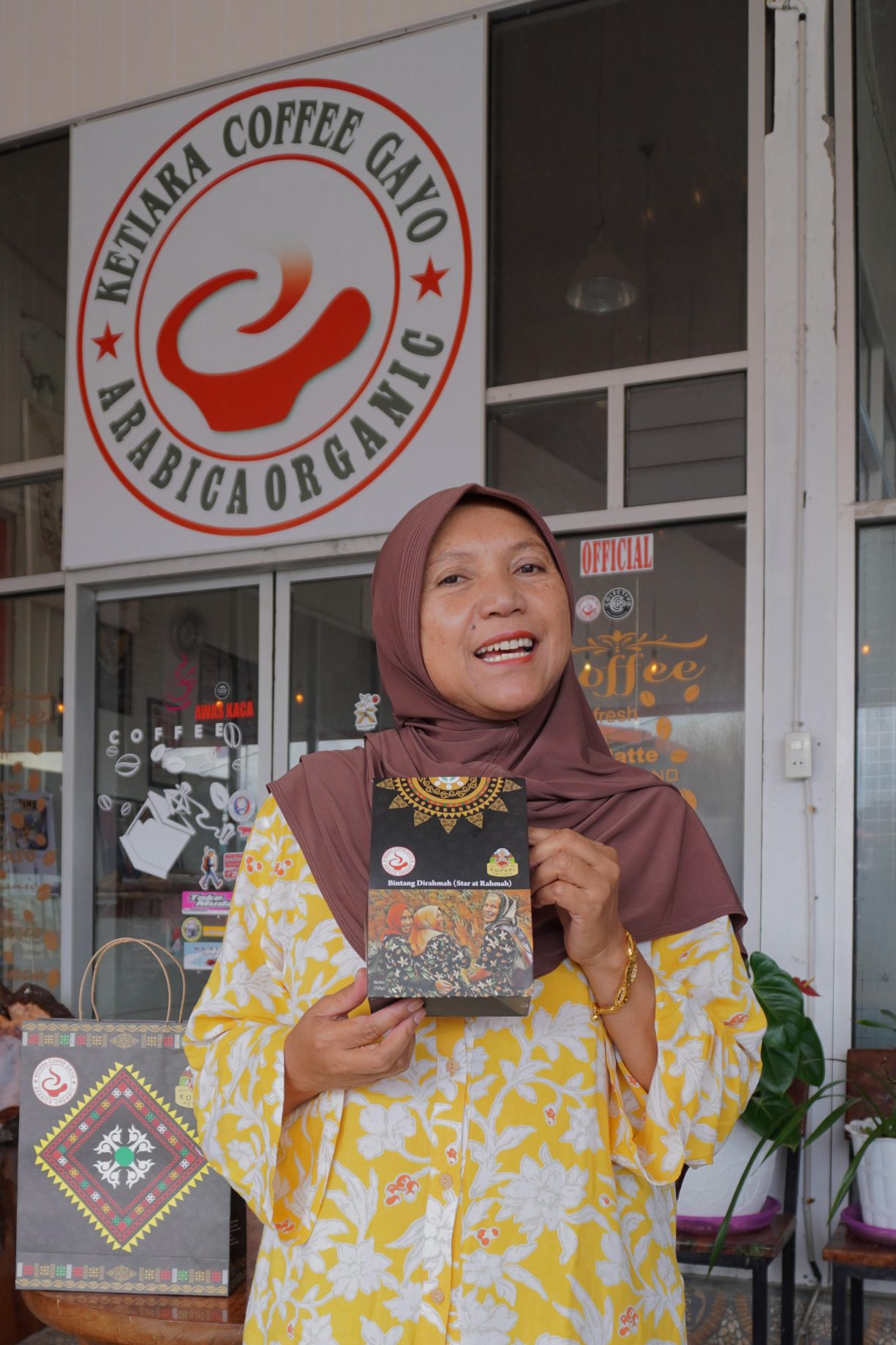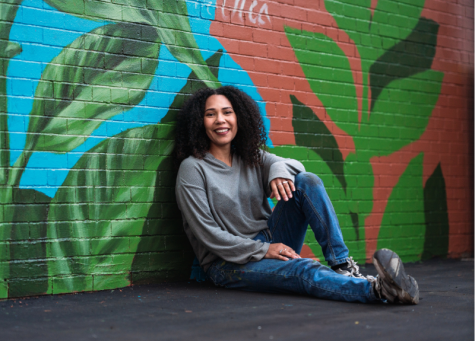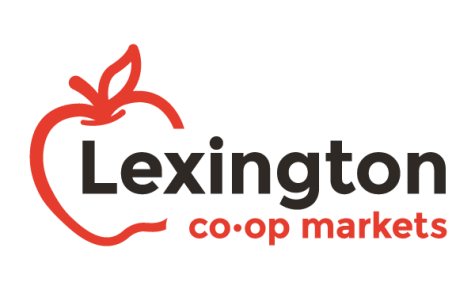Ibu Rahmah
Ibu Rahmah’s dad was a coffee farmer and trader. So was her grandfather. And her great-grandfather. Since coffee came to the Gayo Highlands in 1908, it has become deeply embedded in both family tradition and the local economy. So, for Ibu Rahmah, Chairwoman of the Ketiara Cooperative, coffee is much more than a morning beverage. It is integral to her community’s identity.
The Gayo Highlands are in the Central Aceh region of Sumatra, an island of Indonesia. The landscape is shaped by the presence of coffee farms, coffee warehouses and coffee factories. Ibu Rahmah recalls, “From a young age, I observed the processes of planting, caring for, harvesting and processing coffee.”


“Every day after school I used to visit our coffee [farm] nearby. Red coffee beans even became my favorite candy as they tasted sweet.”
— Ibu Rahmah

One thing that’s unique about Ketiara is that the cooperative doesn’t rely on a middleman to export their coffee. Rather, they draw upon Ibu Rahmah’s notable status as one of the only woman coffee traders in Central Aceh and retain a greater share of their hard-earned profits. They export 70% of their coffee beans to the United States. The remaining 30% of exports go to France, Germany, the Netherlands, the United Kingdom, Hong Kong, Taiwan and Korea.
Names are powerful. So, it catches our attention that the Gayo word “tiara” means “to exist.” It’s an apt testament to the centrality of coffee in the lives of the members of the Ketiara Cooperative.
We are deeply grateful for Ibu Rahmah’s commitment to creating more space for women to participate in the coffee world. That’s why we’re collaborating with artist Julia Bottoms to portray Ibu Rahmah’s likeness on the walls of Lexington Co-op Markets in Buffalo, NY–where you can also find Fairtrade certified roasts from Gimme! Coffee, a (cooperatively structured!) brand that sources beans from the Ketiara Cooperative.
Julia Bottoms


Gimme! Coffee has a proven history of coffee expertise in coffee preparation standards, supply chain sustainability, and equipment installation and maintenance, but their employee-owned cooperative structure gives a renewed sense of meaning to what this whole coffee thing is all about: economic prosperity from coffee producers to baristas rooted in sensory and community experiences. Their distinctive coffees are Gimme’s platform to elevate standards of hospitality and manufacturing to create meaningful work and ensure that coffee systems thrive.
Lexington Co-op Markets



